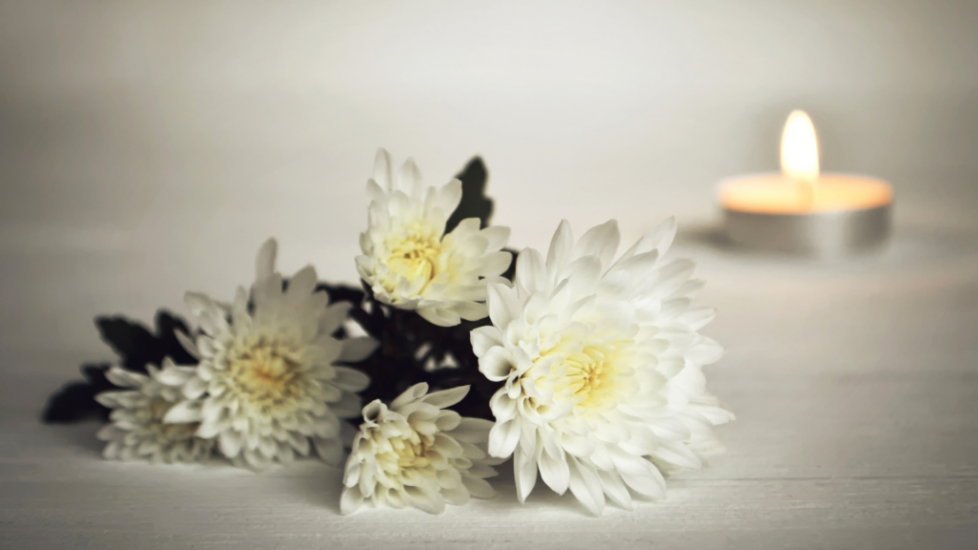
Kol Ami Services and Supports
Included with Membership
The first person you will likely speak to is Jess Lorden, Kol Ami’s Executive Director. Jess will immediately contact the clergy, lay leaders, and Shiva volunteers to assist you during this challenging period. In addition, you may want to consider appointing a trusted friend or relative to help with the dozens of logistics and decisions that arise.
Email to Congregation: With your input and direction, Kol Ami will send out an email to the congregation about the recent death, including funeral, shiva, and donation information.
Clergy: Kol Ami provides clergy and a space for the funeral service of a congregant, and for parents and children of congregants. A donation to Kol Ami or to the Rabbi’s discretionary fund is appreciated.
Shiva: A member of the clergy or Kol Ami lay leader will lead the shiva service. It is suggested that at least one in-person shiva and one virtual shiva be held. Kol Ami will provide links and an online guide for a virtual shiva. Our facilities are available to rent for Shiva observance.
Shiva Assistance: Kol Ami volunteers are available to provide shiva support in accordance with your particular needs. These may include house sitting during the funeral, receiving and setting up food, covering mirrors, etc. Please inform Jess Lorden (914) 949-4717 if you would like assistance.
Meal of Consolation: Kol Ami provides a meal of consolation for your immediate family at a time convenient for you.
Yahrzeit Memorial Book: At your request, Kol Ami will include the name and date of death of the deceased in the annual Yahrzeit memorial book.
Kaddish: Kol Ami recites the Mourner’s Kaddish as a congregation on Friday nights and Saturday mornings. The name of the deceased is announced on the four Fridays and Saturdays (shloshim) following the burial. Temple Israel in White Plains invites mourners to its morning and evening daily minyon. Please contact Temple Israel for details.
Yahrzeit (a year’s time): It is customary to commemorate the anniversary of the death of a loved one. Kol Ami invites and encourages you to share the name and yahrzeit of those who have passed. Their name will be announced at temple services, and you will receive an annual reminder of the secular date or date on the Hebrew calendar, however you choose.
In addition, a volunteer from the Members Relations Committee will deliver a Yahrzeit candle, suggested readings, and a beautiful, hand-painted candle holder to your home several days before the first Yahrzeit.
Virtual Cemetary: Kol Ami maintains a database of where many Kol Ami congregants are interred.
Additional Options
There are several Jewish rituals for the care of the deceased. Most funeral homes are familiar with these practices and can help with the arrangements when your loved one dies.
Shomer: A shomer, or guard, can be called upon to perform the Jewish ritual of watching over the body from the time of death until burial. The shomer arrives at the hospital or home, travels with the deceased to the funeral home, and then to the cemetery, reciting passages from the Book of Psalms. A family member or friend can volunteer to sit with the deceased.
Chevra Kadisha: This Jewish burial society provides volunteers to prepare the deceased for burial through prayer, ritual cleansing, and by dressing the body in a white, linen shroud. People are often buried with their tallit. Learn more about the Chevra Kadisha
